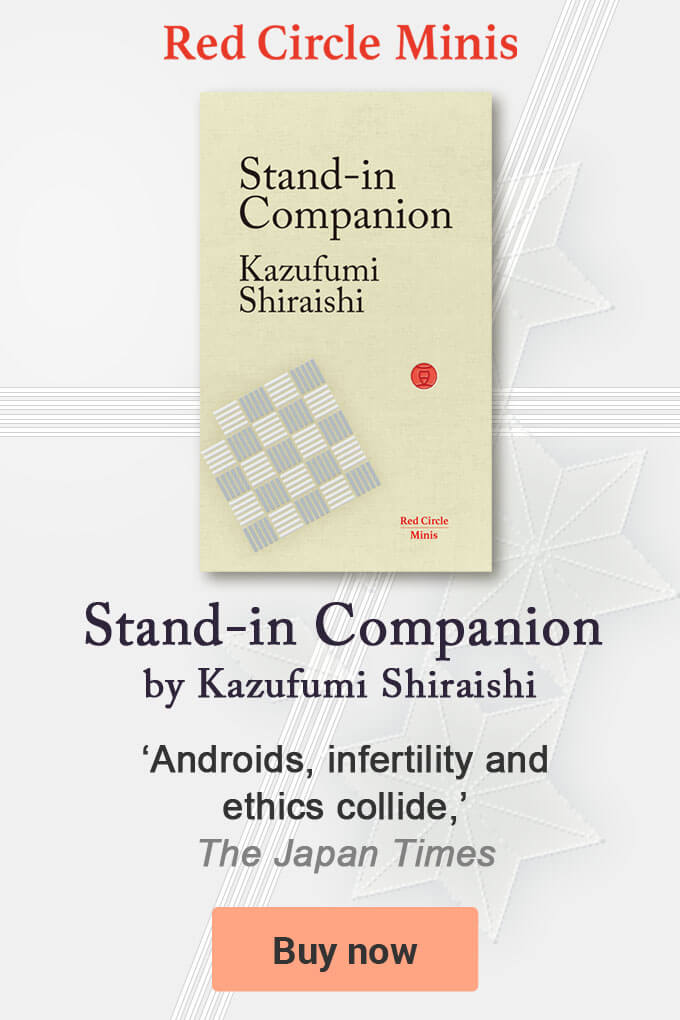The current system for textbook approval, which is open and transparent, was created after the Second World War in 1947, when Japan was occupied by US forces and run by Supreme Commander for the Allied Powers (SCAP).
Under this system, like other countries, the government sets curriculum guidelines and certified publishers in the private sector submit their books for approval. Mexico, for example, has a very similar system, which like Japan also requires all books to be printed locally. It is known locally as CONALITEG. Revisions are sometimes requested, but in Japan most books are generally approved.
Japan has one of the world’s highest school participation rates of 99.8% and nine years of compulsory education, generally from age 6 to 15. With more than 6 million students attending elementary schools and more than 3 million lower secondary, this means that the Japanese government is one of the largest book buyers in Japan.
Despite the system being very similar to that in other countries, it is not uncontroversial, as textbooks that do not cover history in the manner that some of Japan’s neighbours would like or think appropriate, have been approved in the past. And some criticise these particular books for ignoring Japan’s actions in Asia during the Second World War.
The textbook market is competitive and there is considerable choice of textbooks to choose from. Commonly used textbooks do mention and reference the Nanking Massacre for instance; and schools often do not select the more controversial history textbooks generally published by nationalist groups seeking attention and controversy, which the media often focus on. The issue has become so sensitive that Japan’s Ministry of Foreign Affairs now publishes information on its website in English, Korean and Chinese on how textbooks are approved and distributed in Japan to help clarify the situation.
© Red Circle Authors Limited

